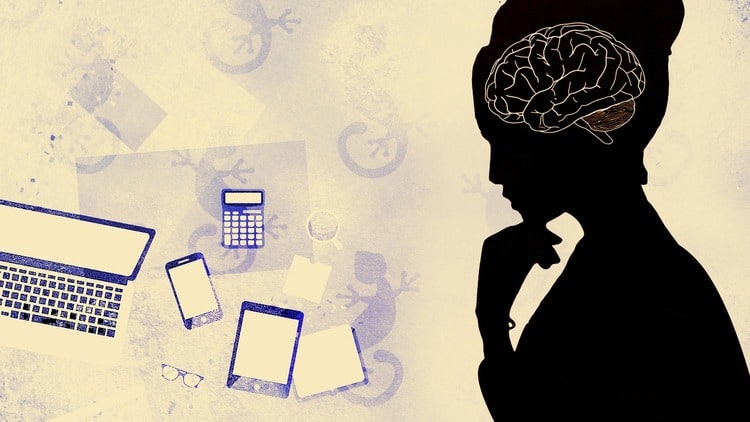An eating disorder is a disease of the mind – the physical aspect of restriction or bingeing is a manifestation of the mental and emotional state of the brain. You don’t need to “look sick” to have an eating disorder; it affects all shapes and sizes, and often falls through the cracks because many people who have an eating disorder are able to disguise it as being “healthy” or “in shape” given the stick-thin trends we see in the media – which is almost always medically (surgery) or digitally (PhotoShop) adjusted.
There are a few signs you can look out for to determine if you or a loved one may be suffering from an eating disorder:
Social Avoidance
Someone with an ED is living in a stressful and anxious place in his/her own mind – one that will result in withdrawal from situations where he/she feels a lack of control:
- Refusing to eat out at restaurants or canceling last-minute on plans consistently to do so
- Never being able to attend parties or gathering events where food will be
- Wearing loose, baggy clothes to hide appearance – and not in a trendy/boho-chic way.
- Inflexibility with plans – even refusing to go away on vacation – that do not allow for the dietary needs/restrictions of the person
- An obsession with mirrors or complete avoidance of them
- A constant need to discuss how “good” or “bad” others look (especially celebrities)
Emotional Changes
When the body isn’t fed well, the brain literally can’t function optimally. As a result, not only are cognitive and memory functions impaired, but emotional regulation is, as well (and it’s often the first recognizable change):
- Easily irritated or angered – more cranky than usual, especially around mealtimes
- Withdrawn from activities or people they once enjoyed
- Obsessive behavior – can be toward food and weight or toward something entirely different (used as a way to direct attention elsewhere)
Food Habits
Whether the ED is in the form of restricting or bingeing, these traits are often telltale signs of someone suffering from one:
- Excessive use of low-calorie condiments such as salt, pepper, mustard, vinegar, herbs
- Eating at weird times (such as not at all during the day, but all at one at night)
- Finding excessive food wrappers or finding them in strange places (such as the bedroom, between cushions, in a closet)
- Obsession with food metrics, diet, or nutrition – this is one that’s easily disguised as “being healthy,” so be mindful when these patterns seem to arise out of nowhere.
- A distrust for how food is prepared – or not consuming food cooked by others at all
- Pushing food on others around them, for example, a person with an ED may:
- Push the person next to them to “have that extra slice of pizza”
- Tell everyone to order dessert – but never touch it when it comes.
- Discover a newfound passion for baking or cooking, and constantly push these cooked/baked treats off others to try, never consuming them himself/herself.
- Consuming 3-4 glasses of water in one sitting, at one meal – this is used as a way to space out bites and create a feeling of fullness.
- Purposely “planting” evidence of food; for example, a person with an ED may:
- Purposely leave food wrappers out around the kitchen, living room, or conspicuous place and “forget” to throw them away
- Put a plate that he/she has “dirtied” from use in the sink – but you have no idea when he/she actually used it
- Leave a cereal bowl/spoon/breakfast plate out on the kitchen table, “forgetting” to clean it and put it away
Physical Activity Habits
A person with an eating disorder may not always exhibit behaviors related to physical activity (or they may just be good at hiding it), but if you notice any of these in conjunction with any traits above, you may want to address how you can help:
- Constant exercise as if the person is training for a marathon-like activity, even though he/she is not
- Constant movement – excessive fidgeting (when it’s not something you noticed before), shifting weight from side to side, and refusal to sit down
- Staying active around the house in a way that seems productive, but becomes excessive: vacuuming twice a day; cleaning the bathrooms every single day; doing chores constantly.
- Exercising in private or at odd hours (such as before bed, or even waking up in the middle of the night and exercising).
There’s no way to avoid food – as humans, we need it to survive – and eating the foods that are healthy for us is also important, which is why many eating disorders start out from a completely innocent place as a desire to gain control of one’s health.
Your health is your wealth; vanity is the added bonus. An ED can result from a need for control, addictive tendencies, an outlet for stress/anxiety, and so much more – it’s much more than the physical body you see. If you believe you or a loved one is suffering, contact our office today for immediate help.
If you are struggling with any of the issues raised in this article, contacted the National Eating Disorders helpline at any time: 800-931-2237.



